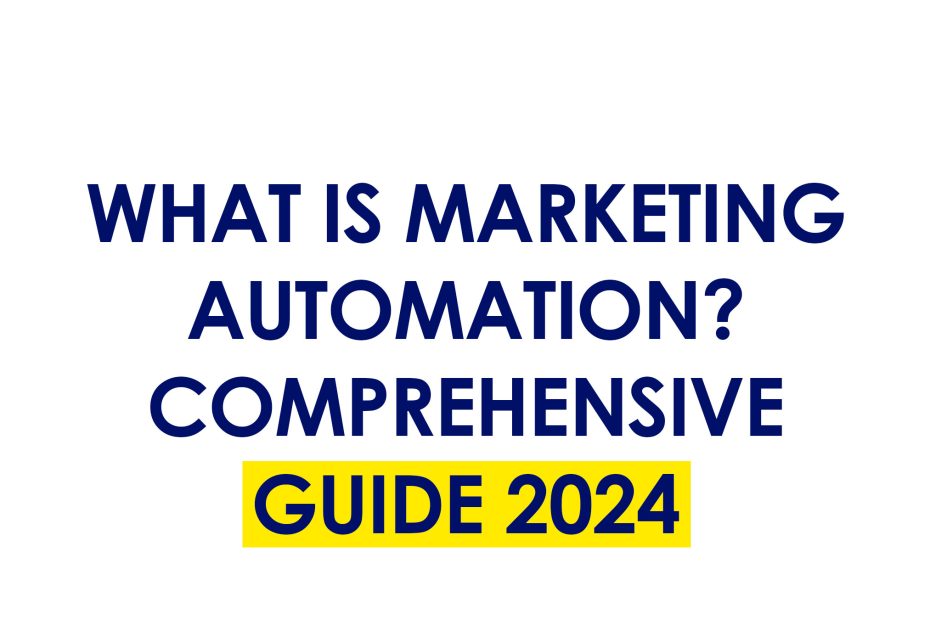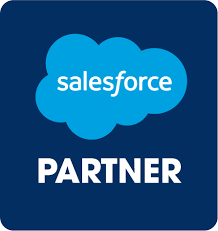Introduction
Efficiency, personalization, and timely communication are paramount in this modern world. Marketing automation has emerged as a transformative solution, empowering businesses to optimize their marketing efforts. In this article, we will unravel the concept of marketing automation, delving into what it is and how it can revolutionize your marketing strategies.
What Best Describes?
Marketing automation is a technology-driven approach that allows businesses to streamline, automate, and measure marketing tasks and workflows. It involves using software and technologies to replace repetitive and manual processes, ultimately improving efficiency and delivering more targeted and personalized marketing content to customers.
Key Components:
Lead Generation and Capture:
Automation tools facilitate lead generation by creating attractive lead capture forms on websites, landing pages, and other digital touchpoints. These tools collect essential customer information, which forms the basis of personalized marketing campaigns.
Lead Nurturing:
Automation enables businesses to nurture leads through the sales funnel. Automated email campaigns deliver relevant content to prospects at different stages of their buyer’s journey, guiding them towards conversion.
Personalization:
Personalization is a fundamental element of marketing automation. Businesses use customer data and insights to create personalized marketing messages, ensuring that content resonates with each recipient.
Segmentation:
Effective marketing relies on audience segmentation. Automation allows businesses to categorize their audience based on demographics, behavior, and purchase history. This segmentation empowers highly targeted marketing campaigns.
Email Marketing:
Email marketing is a central feature of automation. These systems simplify the creation, scheduling, and automation of email campaigns, while also providing in-depth analytics to measure performance.
Analytics and Reporting:
Marketing automation platforms offer robust analytics and reporting tools. They enable businesses to track the performance of marketing efforts, measure return on investment (ROI), and make data-driven decisions to optimize future strategies.
Integration:
To create a seamless marketing ecosystem, automation systems often integrate with other tools and platforms, such as Customer Relationship Management (CRM) systems, social media platforms, e-commerce systems, and analytics tools. Integration ensures a consistent flow of data, enabling businesses to coordinate marketing efforts across multiple channels.
Scalability:
Marketing automation solutions are designed to accommodate businesses of all sizes. They are scalable, allowing organizations to expand and adapt their automation efforts as they grow.
Conclusion
Marketing automation is a powerful tool for businesses, enhance customer engagement, and drive growth. It encompasses lead generation, lead nurturing, personalization, segmentation, email campaigns, analytics, integration, and scalability.
By embracing the capabilities of automation, businesses can save time and resources while delivering targeted and impactful campaigns. It’s a strategic imperative for businesses striving to thrive and connect with their audience in a meaningful way.




